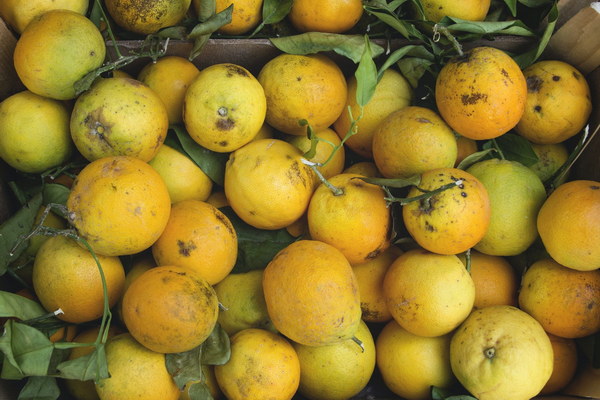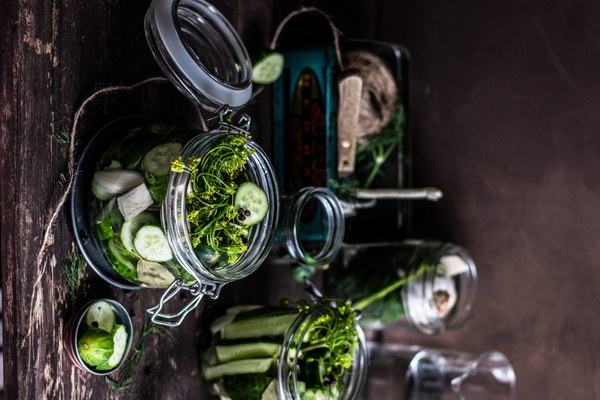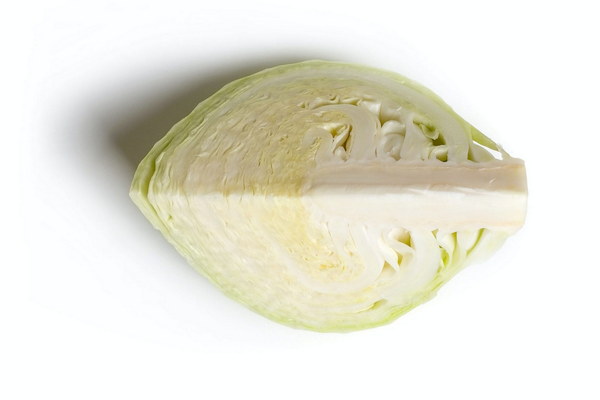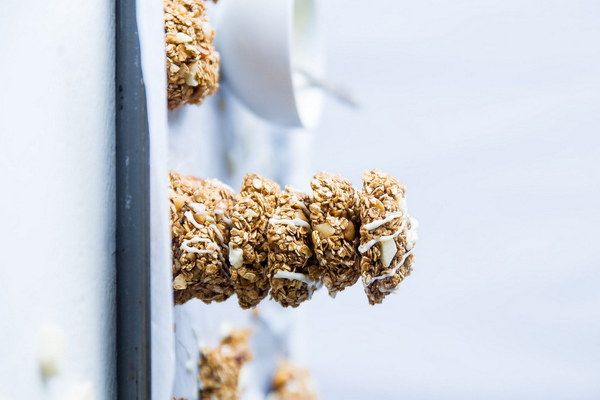Top Bonsai Varieties for Enhancing Lung Health Discover Natures Healing Touch
In the serene world of bonsai, where miniature trees are meticulously nurtured to reflect the beauty and tranquility of nature, there lies an unexpected benefit for enthusiasts and collectors alike. Bonsai not only brings aesthetic pleasure but also has been found to have positive effects on lung health. This article delves into the top bonsai varieties known for their potential to boost respiratory well-being.
The Science Behind Bonsai and Lung Health
The connection between bonsai and lung health is rooted in the calming effects of nature on the human psyche. Studies have shown that exposure to natural environments can reduce stress and anxiety, which in turn can have a positive impact on respiratory functions. Additionally, the act of tending to bonsai can be meditative, encouraging deep breathing and promoting relaxation, which is beneficial for those with respiratory conditions.
Top Bonsai Varieties for Lung Health

1. Japanese Maple (Acer palmatum)
The Japanese maple is celebrated for its vibrant foliage and is known for its ability to purify the air. The tree's dense leaves can filter out harmful substances from the atmosphere, creating a cleaner environment that is beneficial for individuals with respiratory issues.
2. Olive Tree (Olea europaea)
Olive trees are not only drought-resistant but also known for their ability to improve air quality. The leaves of the olive tree contain compounds that can help reduce inflammation in the lungs, making it an excellent choice for those with conditions such as asthma.
3. Japanese White Pine (Pinus parviflora)
The Japanese white pine is known for its sturdy and resilient nature, qualities that can be mirrored in its health benefits. It can help improve lung function and is often used in traditional medicine to treat respiratory conditions.
4. Chinese Elm (Ulmus parvifolia)
Chinese elms are versatile and adaptable, making them ideal for beginners and experienced bonsai enthusiasts. They are also known for their ability to enhance lung health, as their leaves can act as natural air purifiers.
5. Ginkgo Biloba
Ginkgo biloba is one of the most famous bonsai trees, not only for its distinctive fan-shaped leaves but also for its health benefits. This tree is known to improve blood circulation, which can indirectly help in the management of respiratory conditions.
Cultivating Your Bonsai for Lung Health
To maximize the lung health benefits of your bonsai, it's essential to cultivate it properly:
- Choose the Right Location: Place your bonsai in a well-ventilated area that receives plenty of natural light but is protected from harsh winds.
- Water Wisely: Ensure your bonsai is watered consistently, as overwatering can lead to root rot and poor air quality.
- Prune Regularly: Regular pruning encourages the growth of strong branches and a dense canopy, which can improve air quality.
- Feed Your Bonsai: Use high-quality bonsai soil and fertilizer to ensure your tree is healthy and thriving.
Conclusion
The art of bonsai offers more than just beauty; it can be a therapeutic experience for those looking to enhance their lung health. By selecting the right bonsai variety and nurturing it with care, enthusiasts can enjoy the dual benefits of nature's beauty and the health of their respiratory system. Whether you're a seasoned collector or a beginner, the world of bonsai awaits, promising both relaxation and wellness.









